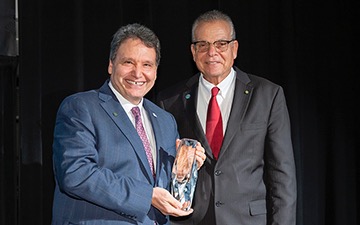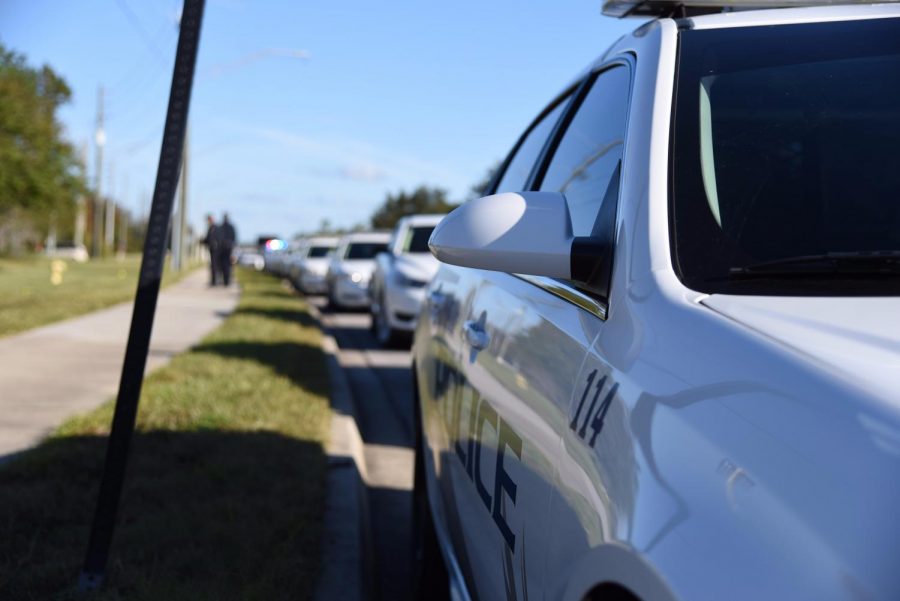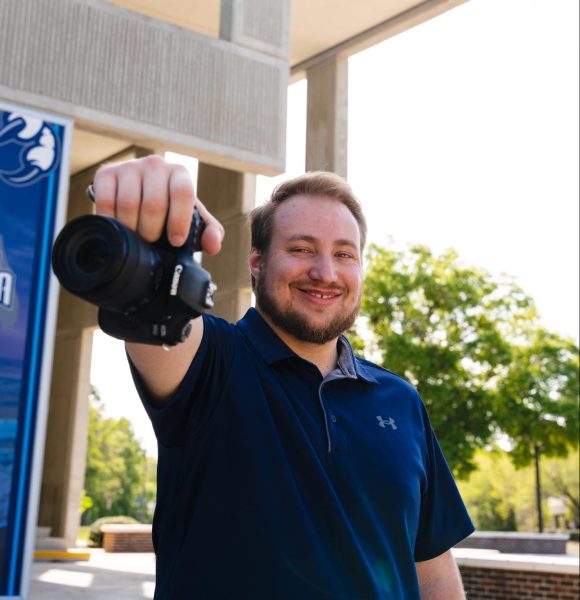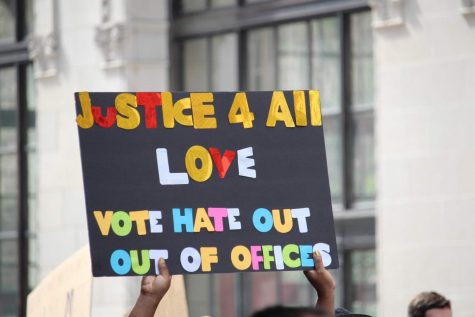
From a young age, University of North Florida’s LGBTQ Center Director Manny Velásquez-Paredes said he always felt different.
Despite having no idea what that meant early on, he knew for a fact that there was something different about himself.
“I liked boys instead of girls, which is what most of my peers were talking about,” he said, something he realized as fact at just six or seven years old.
Velásquez says that he didn’t come out of the closet until his freshman year of college and learned to accept himself. “From six or seven to 17 or 18, I spent all that time hiding in the closet. Denying it. Trying to fit in.”
This path, one that many current and future LGBT youth will undergo, is threatened by a new Florida bill, Velásquez says.
The Parental Rights in Education (SB 1834) bill is on the Florida Senate Education Committee’s agenda Tuesday morning.
Nicknamed the “Don’t Say Gay” bill by LGBTQ activists, it looks to ban school districts from encouraging discussions about gender identity and sexual orientation.
Rep. Joe Harding, R-Williston, introduced the bill to the House Education and Employment Committee saying that the bill will prohibit school districts from “maintaining procedures that withhold information or encourage students to withhold information related to student’s mental, emotional, or physical health from their parents.”
However, Velásquez says that this bill is just one more amongst a slew of anti-LGBT legislation disguised as parental rights.
“The ultimate goal of this piece of legislature is to stigmatize LGBTQ+ individuals.”
Beyond its specific contents, many of the bill’s opponents are concerned with how it will affect LGBT youth’s trust in school safe spaces.
“I believe that a lot of classrooms are actually safe spaces for queer individuals,” University of North Florida (UNF) Pride Club President Maison Fletcher told Spinnaker. The bill would take away the freedom of speech that teachers and school districts have to discuss LGBT issues, they said. “It takes a really big mental health toll on those individuals.”
A study conducted by the Trevor Project in 2021 found that 42% of LGBT youth seriously considered attempting suicide that year. The study also found that 50% of LGBTQ youth access LGBTQ-affirming spaces at school.
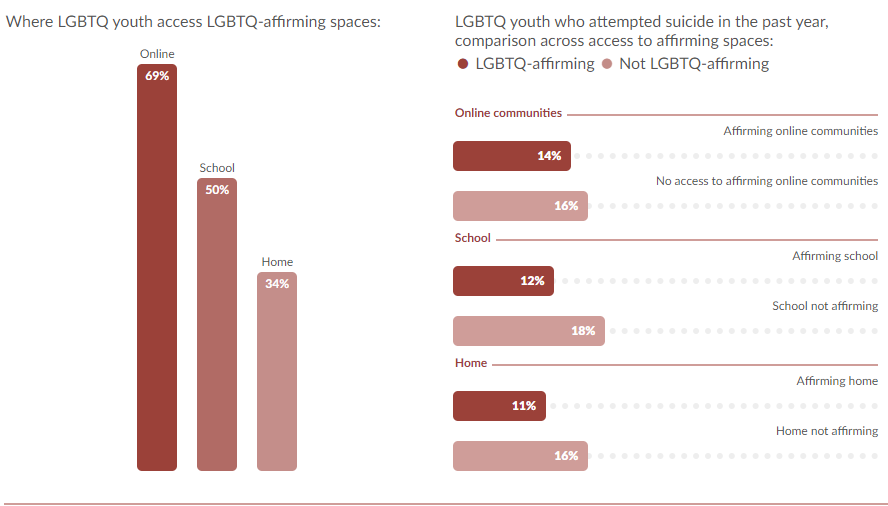
“We have seen and we have noticed that every time there’s any type of anti-LGBTQ bills are inserted into our everyday lives that not only the mental health cases go up, but the suicide rates go up,” says Velásquez. “This will hurt a very vulnerable community, which is youth.”
Fletcher acknowledged that America has taken a “step in the right direction” over the past few years with the legalization of gay marriage, but warns that progress is threatened if this bill passes.
This bill “demonizes these issues of sex and gender,” they said.
Fletcher mentioned how there are all kinds of humanities issues in school’s curriculum now:
“This is just one other issue, why single it out? Why weed it out of the curriculum altogether? This is a normal identity. Just as identifying as someone with red hair. I have red hair. I am also queer. It’s just another aspect of a person. It’s nothing to be taboo.”
“Nobody should be able to determine what our path has to be with our own gender identity and our own self-acceptance,” says Velásquez. “That’s what it boils down to.”
If passed, the Parental Rights in Education bill will take effect on July 1, 2022.
___
For more information or news tips, or if you see an error in this story or have any compliments or concerns, contact editor@unfspinnaker.com.






